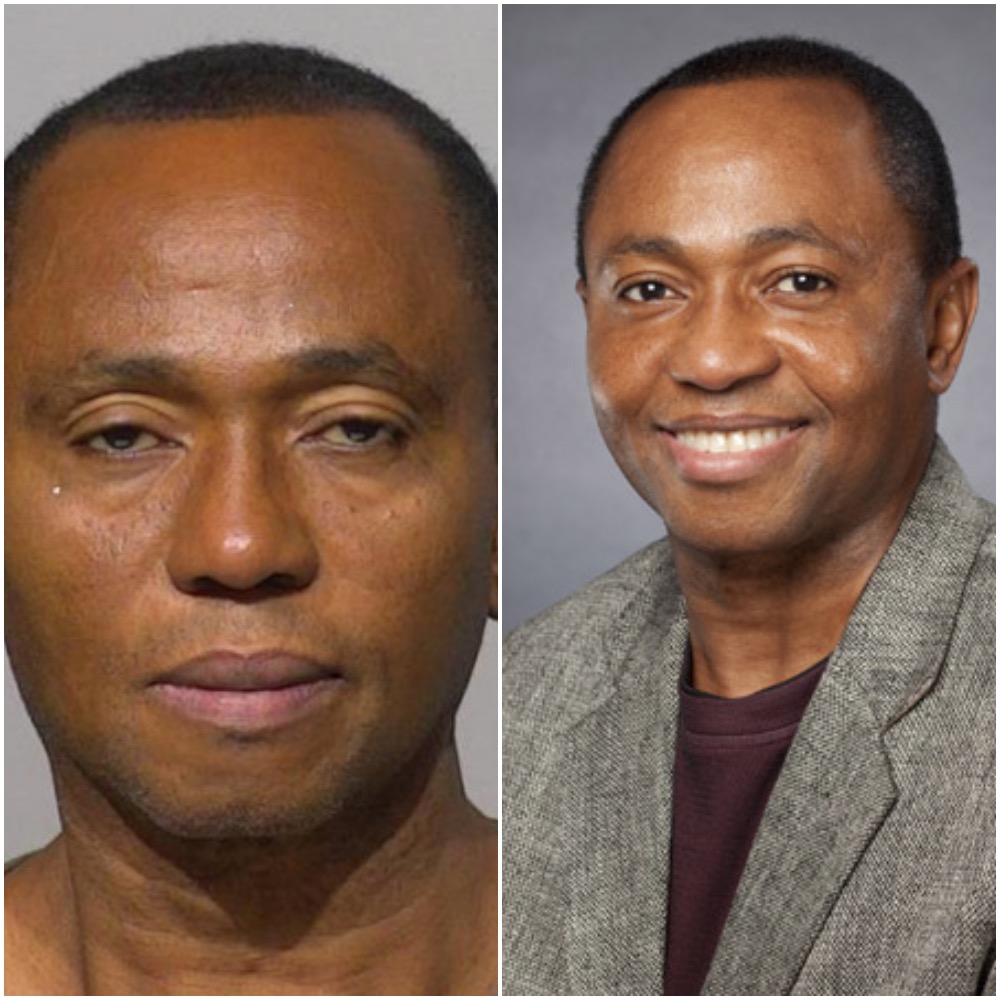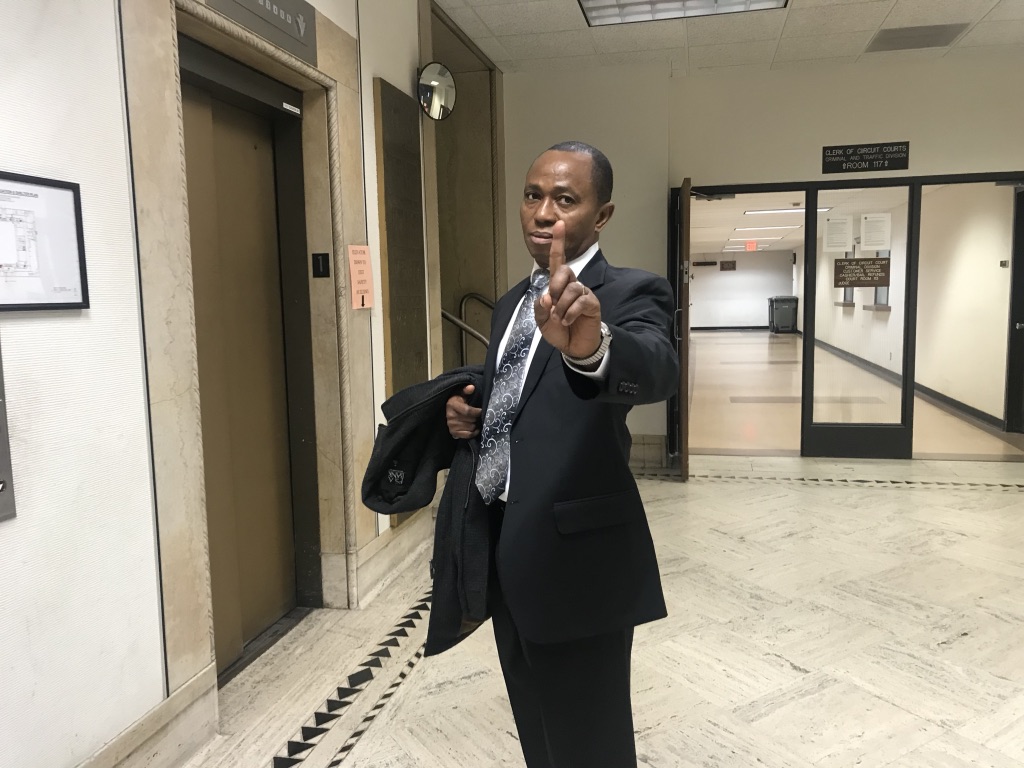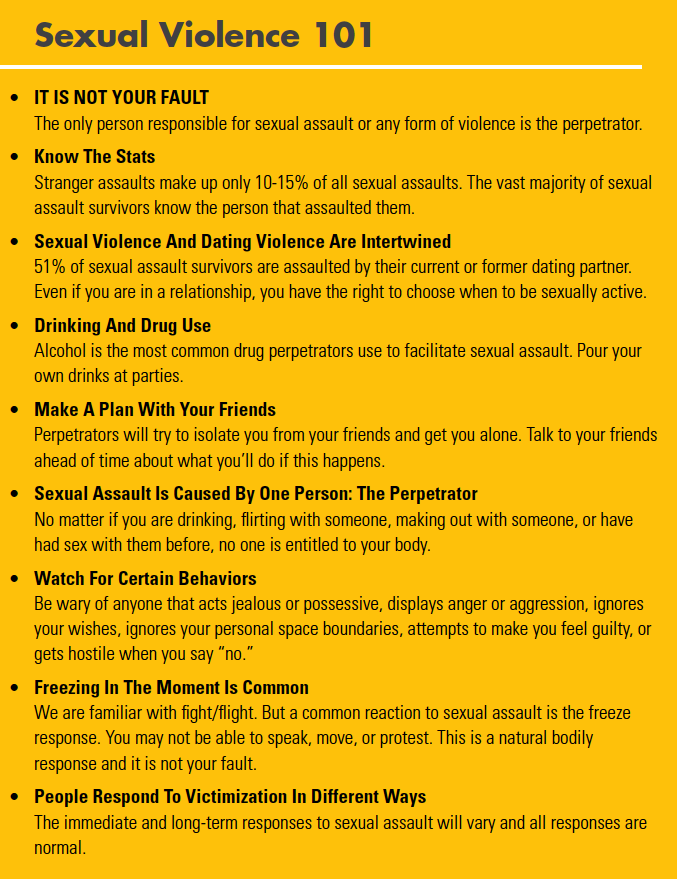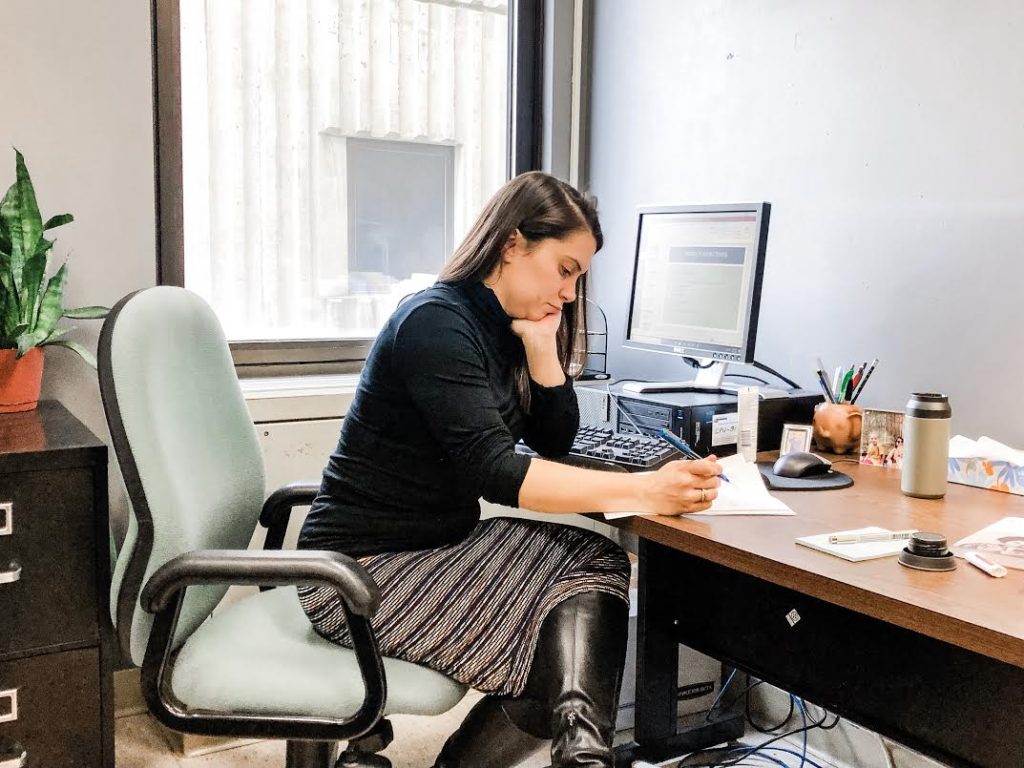Last July, fired UW-Milwaukee professor Anthony Azenabor was scheduled to appear in Milwaukee County Court, accused of raping a student and sexually assaulting another. But Azenabor did not show up. A warrant was issued for his arrest. Ten days later, his lawyer informed the court that the Nigerian native had likely fled the country.
Less than a year earlier, Azenabor had been teaching students at UWM.
A 35-page investigation from UWM’s Equity and Diversity Services highlights – in disturbing detail – how the tenured professor in the Department of Biomedical Sciences allegedly subjected two of his students to sexual assault and harassment, yet continued teaching in fall of 2018 after UW-Milwaukee officials learned of the allegations. UWM officials say Azenabor was removed from the classroom in November of 2018.

EDS documents show that UWM responded to the student complaints in August of 2018, but Azenabor was allowed to teach his scheduled fall classes, with restrictions — he was ordered not to have one-on-one contact with students or colleagues. Still, students and the broader university community knew nothing about the serious allegations against him.
Azenabor did not teach at UWM during spring semester. In March of 2019, the 58-year-old former department chair was charged with two felony counts of second-degree sexual assault and one misdemeanor count of fourth-degree sexual assault.
UWM students did not learn about charges against Azenabor until local news organizations received the criminal complaint — months after the alleged victims came forward. It was only then that the campus community was alerted in an email from UWM Chancellor Mark Mone.
“That’s not surprising to me at all,” said Emma Weber, president of Panthers Against Sexual Assault. Weber is a peer mentor who helps victims of sexual assault and harassment speak out.

“Yes, this was a very large instance in which people’s voices have been silenced and have been ignored,” Weber said. “But a lot of people on campus have felt that in smaller ways, so seeing it come out in such a large way makes it really personal for a lot of people.”
UWM officials say they warn students and staff when the public is in danger, but in fall of 2018, students had no idea a professor had been accused of sexual assault.
UWM provides “Safe Alert” texts and emails to students, faculty and staff after reported crimes or threats to the community, but in this case, there were no warnings.
“In deciding whether to send an alert, the top consideration is whether there is an immediate and continuing threat to public safety, such as a suspect who is at large,” said University Relations spokesperson Michelle Johnson. “As much as possible, we want students and employees to be able to take steps to protect themselves.”
Panthers Against Sexual Assault met in March following news of the charges against Azenabor.



Members of Panthers Against Sexual Assault use chalk to remind students of the threat of sexual violence on campus.
Timeline of Azenabor Case
UWM’s interim Title IX coordinator at the time, Janelle Ramsel, contacted the university’s Office of Equity/Diversity Services on August 7, 2018, noting that a Biomedical Sciences faculty member had come forward with information that Azenabor had engaged in inappropriate behavior with a student, according to the EDS report.
Warning: This section contains graphic information about sexual assault.
Two days later, EDS representatives met with a student who said Azenabor had kissed her on two occasions, touched her legs through holes in her jeans and frequently touched her stomach. He also attempted to touch her chest and crotch, while telling her multiple times “I love you” over the course of the year.
She said she would yell for him to get away, but he told her to be quiet because “people could be listening.”
In her complaint, she names a second student.
That woman told EDS that Azenabor sexually harassed and assaulted her multiple times.
The harassment allegedly began in the form of intimidation. The student said Azenabor would criticize colleagues and tell her not to trust anyone in the Biomedical Sciences department.
Meetings over schoolwork led to closed office doors and requests for hugs or high fives, according to the report. Those high fives would escalate to the professor gripping the student’s hand and pulling her onto his lap.
Azenabor allegedly cornered the student and pulled her into him so she could feel his erection.
When the student tried to distance herself, Azenabor acted aggressively, she said. He grabbed her upper waist, lifted up her bra and touched her chest, according to the EDS report.
He allegedly went in to kiss the student multiple times, once biting her lip and saying he was a lion and that he “was hungry.”
The report says Azenabor forcibly touched the second student without her consent multiple times. In March 2018, he reached into the student’s pants and touched her between the legs. At this point, the student says she fought back.
Still, that night, Azenabor insisted on walking her to her car and told her to “not go spreading lies about him,” the report says.

Photo: Jodie Filenius
The report says in May 2018 the student brought Azenabor a microscope slide case to be used in the laboratory. He allegedly asked her to meet him in a basement lab of Enderis Hall, where he coerced her into a room, locked the door behind him and forced her to have sex.
The victim said he repeated “I love you, I love you” as he raped her.
The student stated in the criminal complaint that she did not come forward sooner for fear of not being granted her PhD.
Nine days after EDS was made aware of the allegations, Azenabor was instructed to have no contact with the two students and assigned a monitor for his online and in-person classes. Furthermore, he was told not to have one-on-one contact with any UWM student or colleague during the investigation. But the tenured professor was allowed to continue teaching into the fall 2018 semester.
Azenabor was fired by the University of Wisconsin System Board of Regents on April 30, 2019, eight weeks after being formally charged with sexual assault – nearly nine months after he was accused of raping the student in Enderis Hall.
Student and Staff Discipline Procedure
Around campus, the university’s handling of Azenabor’s case is a cause of concern for students.
An annual UWM Security & Fire Safety Report is sent to all students and staff in fall outlining crime statistics of the past year. It also provides information on how to report crimes such as sexual violence. Discipline procedures are explained in depth.
“UWM Police Department will, without delay, take into account the safety of the community as well as the impact of notification on efforts to assist victims or to contain, respond to, or otherwise mitigate the emergency,” the safety report says.
SOURCE: University of Wisconsin-Milwaukee 2019 Annual Security & Fire Safety Report
The online document links to ways to “Report-It” – “a comprehensive reporting system developed to help individuals promptly share concerns, incidents of misconduct, inappropriate behaviors, or activities that may pose a risk to the health or safety of our community.”
The Sexual Violence Reporting Form has over 25 questions for the victim to answer. The form states that reports will be reviewed within two business days and individuals identified in the report may be contacted. An investigation may be initiated.
The report includes advice on how students and staff can take steps to avoid sexual violence. There is no explicit information on how to avoid sexual assault or harassment from faculty.

In the event that a university employee is accused of sexual assault, there is an elaborate process explained on pages 20-29.
“A faculty member who holds a tenure appointment as defined in 5.10 may be dismissed only by the Board of Regents and only for just cause and only after due notice and hearing.”
SOURCE: University of Wisconsin-Milwaukee 2019 Annual Security & Fire Safety Report
Katie Merkle, a graduate student and teaching assistant in the Women’s & Gender Studies program at UWM, is writing her dissertation on how universities handle sexual violence on campus. Merkle is focusing primarily on Michigan State University’s response to allegations that their student athletes were sexually assaulted by athletic trainer Larry Nassar.

Waiting for Records
Media Milwaukee faced numerous roadblocks in reporting this story and acquiring the Office of Equity/Diversity Services report.
Student journalists requested public records of the full investigation into Azenabor’s alleged assaults following the March 2, 2019 announcement of his arrest. Azenabor’s attorney filed a motion to restrain UWM from releasing the records. UWM did so after Azenabor left the country.
In a separate story on sexual assault at UWM in 2018, Media Milwaukee found there were at least 37 complaints against faculty and staff that were unknown to students and the community. Student journalists enlisted the help of the state Attorney General’s office to seek a ruling on release of a Milwaukee Police report.
Media Milwaukee met with Provost Johannes Britz in April of 2019 to ask about the tenure process for faculty at UWM. During that interview, Britz said the investigation of Anthony Azenabor was “done” in November 2018.
Through open records requests, Media Milwaukee uncovered 17 years of Azenabor’s course evaluations that showed students had expressed concern about the professor’s behavior. Azenabor and his lawyer filed a restraining order against UWM for releasing documents that they argued could prevent a fair trial.
While Azenabor pleaded not guilty and posted his $7,500 bond, he was required to forfeit both his United States and Nigerian passports. He did so before his preliminary hearing, according to court records.
However, Azenabor failed to appear at his July 8 bail hearing. A warrant was then issued for his arrest.
Ten days later, on July 18, his lawyer informed the court during a status conference that they had reason to believe Azenabor had fled the country.
Questions Remain
Days after the state file was closed, Media Milwaukee received the full EDS report. While the report is extensive, there are holes in the timeline.
The victims’ names have been redacted for privacy purposes, and Media Milwaukee cannot determine why it took months for UWM Police to become involved. The criminal complaint says one victim met with UWM Police Officer Andrew Klett on January 23, 2019. Provost Britz concluded Azenabor was likely guilty of the accusations and referred the case to Ray Fleming, the Dean of the College of Health Sciences at the time. Fleming was to pursue formal discipline proceedings with the Board of Regents on November 2, 2018. Fleming declined to comment.
Since Azenabor is now considered a fugitive of the United States, the university has not followed up on its initial notification to students.
“How do institutions perpetuate sexual violence?” graduate student Katie Merkle said. “If we look at the policies and procedures at UWM, we can see exactly how they do that. We can see that by the way that they minimize the impact that experiencing sexual violence has on survivors. And we can see again how perpetrators are lifted up in ways that further supports rape culture.”
Correction: The story has been updated to clarify that Media Milwaukee student journalists enlisted the help of the Wisconsin Attorney General’s office to seek a ruling on the release of a Milwaukee Police report, not a UW-Milwaukee record.
3 thoughts on “Former UW-Milwaukee Professor Continued Teaching During Rape Investigation”
Comments are closed.